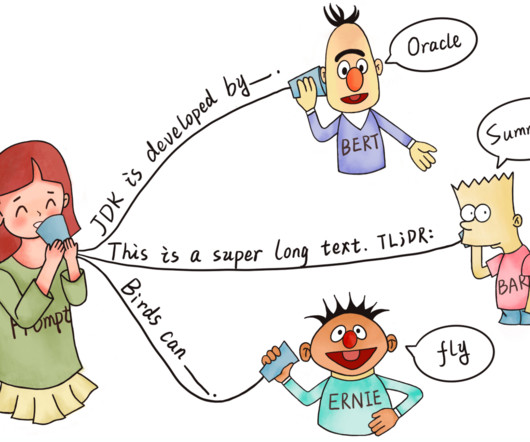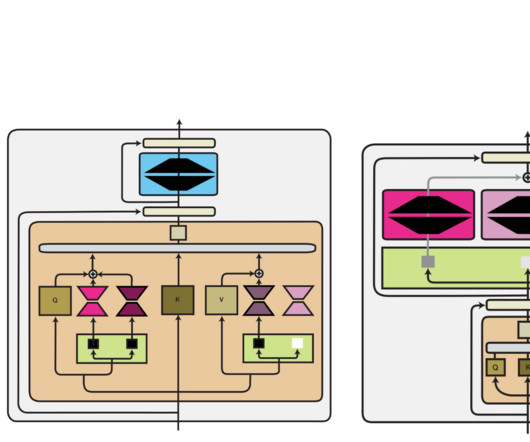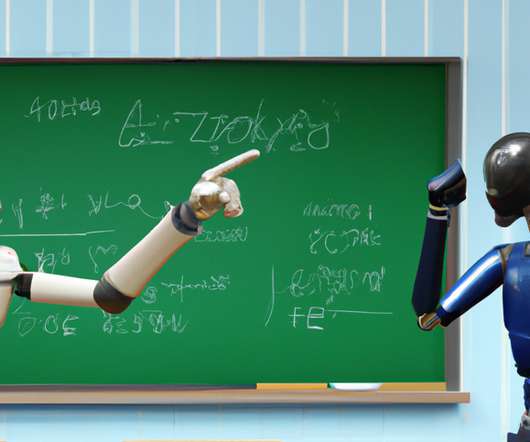NLP Landscape: Germany (Industry & Meetups)
NLP People
JUNE 5, 2018
Are you looking to study or work in the field of NLP? For this series, NLP People will be taking a closer look at the NLP education & development landscape in different parts of the world, including the best sites for job-seekers and where you can go for the leading NLP-related education programs on offer.












Let's personalize your content